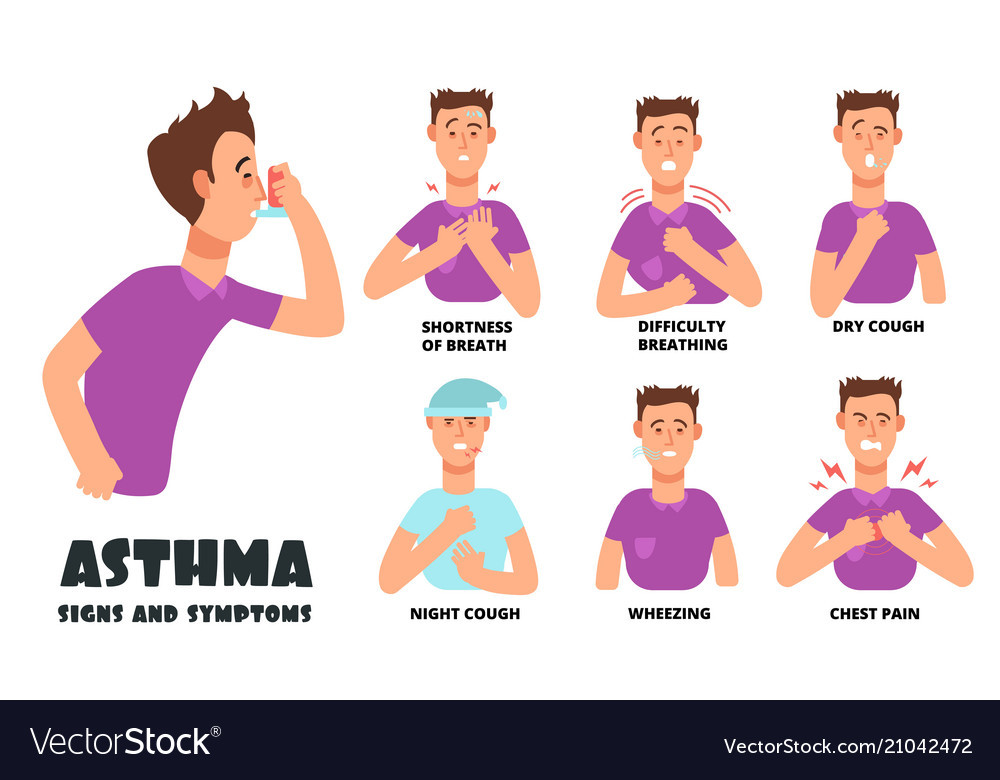Scientists support the role of outdoor air pollutants and genes in acutely aggravating asthma diseases in children and adults.
There are many advantages of living in Kuala Lumpur. Above all, the delicious food and the convenient means for a living. On the contrary, the haze is the major drawback of living in the city.
However, it’s not only polluting the environment, but it affects people’s health. In addition, it linked to respiratory problems as well such as asthma.
Then, the fires, which take place every year, are resulted by the slash-and-burn clearances on the islands of Sumatra and Borneo. Paper and palm oil companies have been widely blamed for the practice.
Haze Outlook developed by the SIIA has assessed that there is a real risk that severe haze will return in 2019.
by SIIA
Do you know anybody who has asthma before?
Asthma, which is caused by the inflammation of air passages in the lungs, makes it very hard for the patient to breathe. Therefore, if not handled with the proper medical attention, a person may die of an asthma attack due to suffocation. Not to mention, about 300 million people have asthma in the world. This is about the number of people living in the United States.

Furthermore, there are many possible causes of asthma, scientists have linked air pollution to be one of the major factors. As a matter of fact, If a person has asthma, it could get worse due to air pollution as well as bring about more asthma attacks. Just as carbon dioxide is a “silent killer”, air pollution is a “silent health hazard.”
“I’ve been wearing a face mask every day for more than a month as a safety precaution. But, every time the haze gets bad, I become very worried”.
Asthma Patient
The air pollution was the major factor behind the severe asthma situation around the world. Scientist noted, the strongest risk factor for developing asthma is environmental exposure to inhaled substances and particles that may provoke allergic reactions or irritate the airways.
World Health Organisation
Let us feast your eyes on how your genes contribute a vital role in developing Asthma.
Association of your Genes with Asthma?
Your family health history tells you which diseases run in your family. As a result, an illness that develops at a younger age than usual, under those circumstances, can be a clue that your family has a higher risk.
Most importantly, though you cannot change your genes, you can change your behavior.
Therefore, we need to understand our genes and how is it associated with the disease that might or might not occur in the future.
Besides that, asthma is similar to any other diseases. This is due to the are specific genes that are associated with the risk of getting asthma disease. Then, other genes could also be encoded to increase the susceptibility toward the disease.
Genes associated with the risk of asthma:
The figure below shows the different genes associated with asthma:
Let’s have a closer look at how these genes increase the risk of Asthma in patients?
On one hand, GSDMB gene increases the risk of Asthma in children rather than in adults. While on the other hand, the ADAM33 gene increases the risk of Asthma in adults especially in the case of people who choose to smoke frequently.
Inheritance pattern of asthma:
Fortunately, asthma is not contagious. Instead, asthma could be inherited if your parents or siblings have it. To put it in another way, you are at a higher risk of developing asthma.
In addition, a child is three times more likely to develop asthma if a single parent has it and the risk doubles if both parents have it.
Therefore, it is important to note the genetics complexity. In other words, just because you have asthma, it does not automatically mean your children will inherit it as well.
In conclusion, several susceptibility genes so far identified potential target for asthma in the first place is therapy and different forms of the genes.
As well as predict the response to asthma therapy in the future. For more information about your genes, feel free to check out our website here or chat with us on Facebook to exchange ideas.
Reference list:
IH, c., NL, T., TF, L., SL, M., YP, Z., GW, W. and CW, L., 2007. Association of prostaglandin-endoperoxide synthase 2 gene polymorphisms with asthma and atopy in Chinese children. – PubMed – NCBI. [online] Ncbi. Available at: <https://www.ncbi.nlm.nih.gov/pubmed/17573729> [Accessed 19 Aug. 2019].
JJ, L., S, M., H, f., R, L., PK, J., M, C. and C, I., 2008. A polymorphism in the NPPA gene associates with asthma. – PubMed – NCBI. [online] Ncbi.nlm.nih.gov. Available at: <https://www.ncbi.nlm.nih.gov/pubmed/18294255?dopt=Abstract> [Accessed 20 Aug. 2019].
Anon, 2019. What Is an Asthma Attack?. [online] WebMD. Available at: <https://www.webmd.com/asthma/asthma-attack#1> [Accessed 22 Aug. 2019].
Anon, 2015. Air Pollution and Asthma. [online] Aafa. Available at: <https://www.aafa.org/air-pollution-smog-asthma/> [Accessed 22 Aug. 2019].
Anon, 2019. genetics and Asthma. [online] WHO. Available at: <https://www.who.int/genomics/about/Asthma.pdf> [Accessed 21 Aug. 2019].

